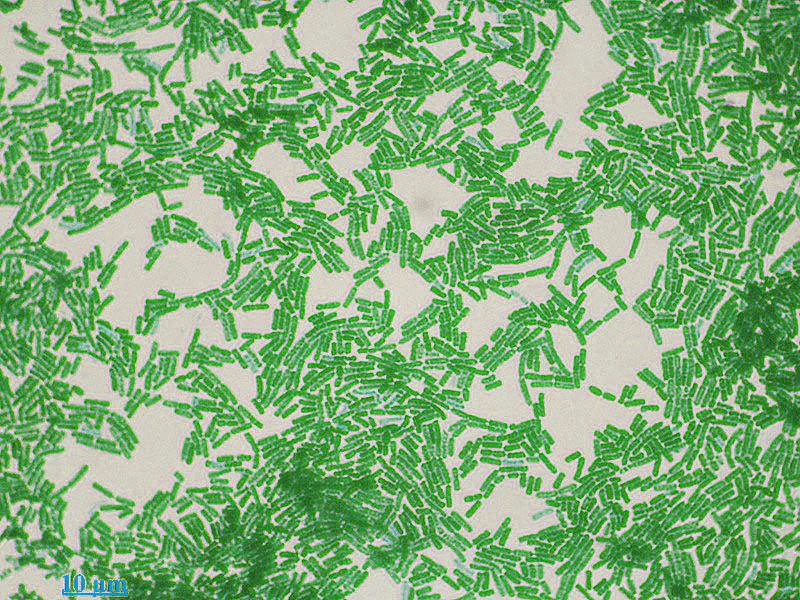ChemikerInnen der Uni Graz haben ein neues, kostengünstigeres und umweltfreundlicheres Verfahren zur Herstellung des wichtigsten Grundbausteins für Nylon-6 entwickelt. Mit Hilfe sechs verschiedener Enzyme aus der Natur, sogenannter Biokatalysatoren, kann der Nylonbaustein ohne den Einsatz konzentrierter Säuren und Wasserstoffperoxid erzeugt werden. Die „grüne“ Methode wurde in der aktuellen Ausgabe der renommierten Fachzeitschrift „Angewandte Chemie“ veröffentlicht.
4,2 Millionen Tonnen des Polymerbausteins epsilon-Caprolactam werden jährlich produziert, um damit Nylon-6 herzustellen. Ausgangsbasis dafür ist Erdöl. Bei der Erzeugung kommen konzentrierte Säuren zur Anwendung und es fallen giftige Abfallprodukte an. Am Institut für Chemie der Karl-Franzens-Universität Graz hat nun ein Team unter der Leitung von Univ.-Prof. Dr. Wolfgang Kroutil eine Lösung gefunden, wie sich ein alternativer Nylonbaustein umweltfreundlicher und gleichzeitig kosten- und ressourcensparender produzieren lässt. „Wir haben einen Reaktionsweg konstruiert, bei dem unter Einsatz von sechs verschiedenen Enzymen der Polymerbaustein entsteht“, erklärt Kroutil. Die Biokatalysatoren lösen eine Kaskadenreaktion aus – sechs Reaktionen, die alle gleichzeitig in einem einzigen Gefäß ablaufen.
„Der große Vorteil der neuen Methode ist, dass deutlich weniger Abfall- und Nebenprodukte entstehen und vor allem der Einsatz konzentrierter Säuren vermieden werden kann“, so Kroutil. Während im herkömmlichen Verfahren Wasserstoffperoxid als Reaktionsmittel verwendet wird, kommt die Biokatalyse in diesem Fall mit Sauerstoff und Ammoniak aus. Die benötigten Enzyme stammen aus verschiedenen ungefährlichen Bakterien, von denen fünf überall in der Umwelt zu finden sind und eines in heißen Quellen vorkommt. Ein weiterer Vorteil des neuen Verfahrens: Unter Anwendung der Biokatalyse kann der Nylon-Baustein sowohl aus Erdöl als auch auf Basis nachwachsender Rohstoffe hergestellt werden.
Industriepartner der Grazer ChemikerInnen ist das deutsche Unternehmen Evonik, das die neue Methode bereits international zum Patent angemeldet hat.
Die Entwicklung ist das Ergebnis von Forschungen aus dem mittlerweile abgeschlossenen EU-Projekt AMBIOCAS. Einige Mitarbeiter aus diesem Projekt sind jetzt bei acib – Austrian Center of Industrial Biotechnology in Graz tätig.
Publikation:
Introducing an In Situ Capping Strategy in Systems Biocatalysis To Access 6-Aminohexanoic acid
Johann H. Sattler, Michael Fuchs, Francesco G. Mutti, Barbara Grischek, Philip Engel, Jan Pfeffer, John M. Woodley und Wolfgang Kroutil
Angewandte Chemie International Edition, Volume 53, Issue 51, December 15, 2014. DOI: 10.1002/anie.201409227
